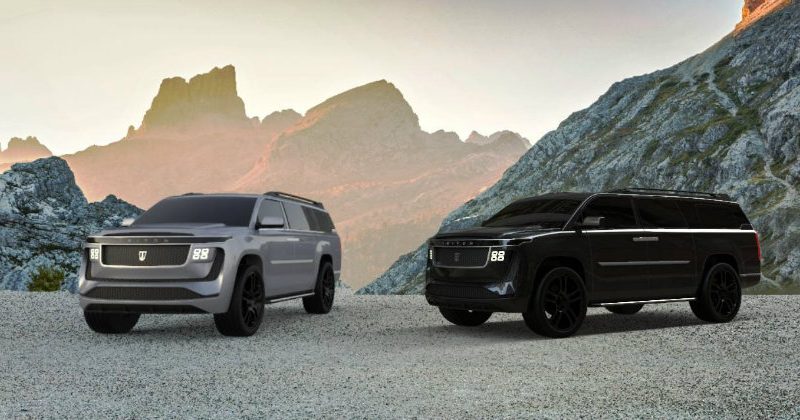The International Energy Agency (IEA) puts SUV-type vehicles in the spotlight. They qualify as one of the most critical obstacles in counteracting carbon dioxide emissions and meeting climate objectives.
Given the growth in sales of electric cars that begins to impact, little by little, on the consumption and demand of oil by the art of the nations where the new mobility is accelerating, a new threat arises derived from the inefficiency of cars more and more extensive and heavy fruit of the SUV craze.
According to the IEA, as global energy-related carbon emissions fell last year due to the impacts of the Covid-19 pandemic, one sector saw emissions rise in 2020: sports utility vehicles (SUVs).
According to Apostolos Petropoulos, an analyst at the IEA, “Policymakers need to find ways to persuade consumers to choose smaller, more efficient cars.”
The agency finds that the world’s energy-related global emissions fell 7% this year, the most significant drop in history and about five times the size of the decline in 2009 after the global financial crisis.
But emissions from SUVs, which are typically larger and less fuel-efficient than other cars, are estimated to have seen a slight increase of 0.5%. According to current data, managed by the IEA, if we remove SUVs from the equation, oil consumption had dropped by 10% in 2020. This equates to 1.8 million barrels a day.
The pandemic has had a direct impact on mobility and consequently on the emissions derived from it. Despite all this, SUVs consumed more oil last year than in 2019.
According to the IEA report, “SUV oil consumption reached 5.5 million barrels per day in 2020. Surprisingly, we estimate that the increase in the total SUV fleet in 2020 canceled out the decrease in oil consumption of the SUV that resulted from the blocking measures related to Covid“.
According to the agency’s latest data, SUVs have tripled in number in the market during the last ten years. The environmental impact figure is so great that the IEA even compares SUVs’ emissions with those of the entire maritime industry that includes international naval transport.
On average, SUVs consume more than 20% more energy than a midsize car for the same distance traveled.
The strong consumer preference for SUVs has implications for transitions to clean, renewable energy, especially when it comes to the demand for electricity, batteries, and raw materials.
During 2020, an average battery-powered electric car was equipped with around 50 kWh of battery capacity, according to the IEA. This is 22% less than the average battery required for an electric SUV.
The institution warned that “higher sales of electric SUVs instead of smaller electric cars would increase the demand for electricity to charge vehicles and the demand for raw materials such as lithium, nickel, and cobalt”.

